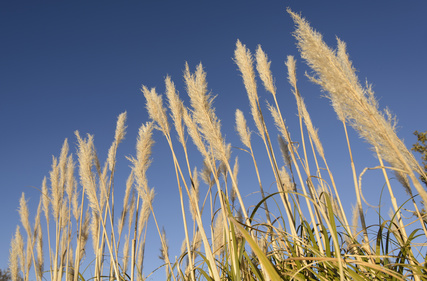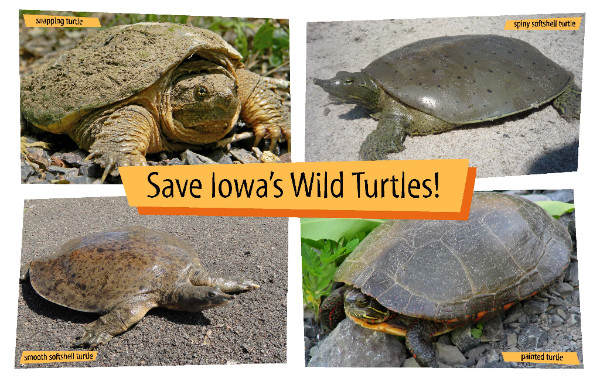When a bill passes by an overwhelming bipartisan vote, like the turtle harvesting bill did in both the Iowa House and Senate, one might assume it was easy to persuade lawmakers and the governor to act. Not necessarily. Thanks to Mike Delaney for an in-depth look at how one good idea became state law. Delaney is a founder of the non-profit Raccoon River Watershed Association. Turtle graphic produced by the non-profit Iowa Rivers Revival. -promoted by desmoinesdem
Over the years I have noticed a decline in the number of Soft-shelled turtles on my sandbars along the Raccoon River in Dallas County. When I first bought my farm in 1988 12” and 14” Soft-shells would regularly slide into the river off the sand where they were warming their cold-blooded bodies. A few seconds later you could see their noses and foreheads pop up to look around. When my son and daughter were little I showed them (as my older brothers had shown me as a child) how to walk along the shore at night, focus a flashlight at the water’s edge and spot the heads of baby Softshells sticking out of the sand. However, we have not seen these little guys for many years.
I asked around about what happened to the turtles. County conservation folks told me that the commercial turtle trappers were selling them to China. I asked some “environmentally concerned” friends. One said that the DNR was worried about Iowa’s turtles and had proposed rules to limit turtle “harvest” during egg laying season and limits on the numbers that could be taken. Iowa had no rules preventing over-harvest of turtles. I was told that the rules were being held up in the governor’s office.
I decided to act on the matter.
Continue Reading...



